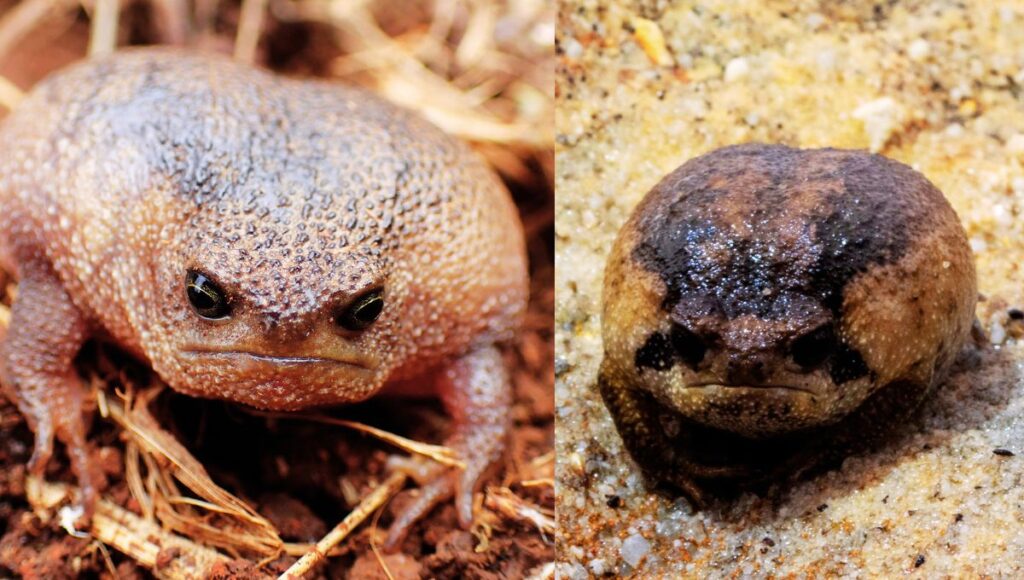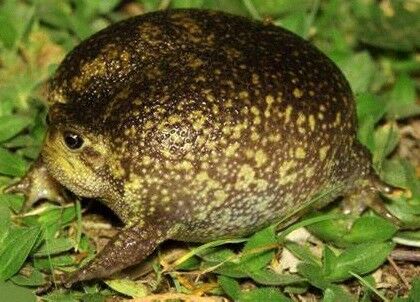Locate Your Perfect Rain Frog for Sale: Study the Globe of Unique Amphibians!
Locate Your Perfect Rain Frog for Sale: Study the Globe of Unique Amphibians!
Blog Article
Common Wellness Issues in Reptiles: Signs And Symptoms and Solutions
In the detailed world of reptile treatment, understanding the usual health concerns that may influence these distinct animals is critical in guaranteeing their well-being. Whether it's grappling with parasitic problems, navigating dehydration worries, or dealing with skin disorders that manifest in subtle means, being attuned to the symptoms and outfitted with the knowledge of reliable solutions is crucial for any type of reptile owner.
Breathing Infections
Breathing infections in reptiles can dramatically impact their overall health and require punctual focus from skilled vets. In reptiles, respiratory system infections can be particularly challenging to detect and treat due to their unique makeup and physiology.
Treatment for respiratory system infections in reptiles commonly involves a mix of helpful treatment, such as keeping proper humidity levels and temperature level slopes in the enclosure, along with targeted medicine to address the details microorganism in charge of the infection. It is critical for reptile owners to check their family pets closely for any kind of indications of respiratory distress and look for vet care at the earliest sign of a problem. With prompt intervention and proper treatment, lots of reptiles can recover totally from respiratory system infections and resume regular activities.

Metabolic Bone Illness
What variables add to the development of Metabolic Bone Illness in reptiles?
Metabolic Bone Condition (MBD) in reptiles is primarily brought on by an absence of correct calcium, phosphorus, and vitamin D3 degrees in their diet. When reptiles do not get adequate calcium, either through their food or appropriate UVB direct exposure for vitamin D3 synthesis, they go to a high threat of creating MBD. Reptiles with diets low in calcium or unbalanced calcium to phosphorus ratios are specifically prone. In addition, poor direct exposure to UVB light avoids reptiles from manufacturing vitamin D3, which is crucial for calcium absorption and bone health.
Inadequate moisture levels can additionally affect a reptile's capacity to metabolize calcium successfully. Regular veterinary exams, appropriate husbandry techniques, and a balanced diet regimen are vital to protect against Metabolic Bone Illness in reptiles.
Parasitical Invasions
Parasitical infestations posture a considerable wellness risk to reptiles, impacting their total well-being and calling for prompt veterinary interest. Reptiles can be influenced by different parasites, consisting of mites, ticks, interior worms, and protozoa. These bloodsuckers can create a variety of signs and symptoms, such as weight management, sleepiness, skin irritation, looseness of the bowels, and also death if left neglected.
One usual bloodsucker found in reptiles is the mite, which can trigger skin anemia, irritability, and tension. Ticks are one more outside bloodsucker that can send conditions and cause discomfort to the reptile. Interior parasites like worms and protozoa can result in digestive issues, poor nutrition, and deteriorate the reptile's body immune system.
To detect a parasitical invasion, a veterinarian may do fecal tests, skin scrapings, or blood tests. Treatment typically includes deworming medicines, antiparasitic baths, or in severe cases, a hospital stay. Preventative actions such as normal vet examinations, proper health, and quarantine procedures for new reptiles can aid decrease the threat of parasitical invasions and guarantee the wellness of reptile pets.
Dehydration and Hydration Issues
Dehydration in reptiles can substantially affect their health and well-being, demanding prompt a knockout post intervention and appropriate hydration management. Reptiles are vulnerable to dehydration because of different factors such as poor water consumption, high environmental temperatures, and particular health and wellness conditions. Signs and symptoms of dehydration in reptiles consist of sunken eyes, sleepiness, loss of skin elasticity, and lowered peeing. If left unattended, dehydration can cause major wellness problems and even be deadly to the reptile.
To avoid dehydration, reptile owners must ensure that their family pets have access to clean water whatsoever times. The water meal need to be large enough for the reptile to take in if needed, particularly for varieties that absorb water with their skin. In addition, maintaining appropriate moisture degrees in the reptile's enclosure and supplying normal baths can the original source help stop dehydration.
In instances of dehydration, it is important to look for vet care quickly. A vet might carry out fluids either orally or with shots to rehydrate the reptile. It is necessary to attend to the underlying source of dehydration to stop reappearance and ensure the reptile's overall wellness.
Skin Conditions

Final Thought

Respiratory infections in reptiles can significantly influence their overall wellness and call for punctual interest from experienced vets (rain frog for sale). Preventative measures such as normal veterinary examinations, proper health, and quarantine treatments for new reptiles can aid reduce the threat of parasitic invasions and ensure the wellness of reptile pet dogs
If left without treatment, dehydration can lead to severe health concerns and even be fatal to the reptile.
Routinely evaluating your reptile for any modifications in skin look, texture, or color can aid in early detection and therapy of skin disorders, promoting the overall health and wellness and health of your flaky companion. - rain frog for sale
In conclusion, reptiles are susceptible to numerous wellness concerns such as respiratory infections, metabolic bone illness, parasitic invasions, dehydration, and skin disorders.
Report this page